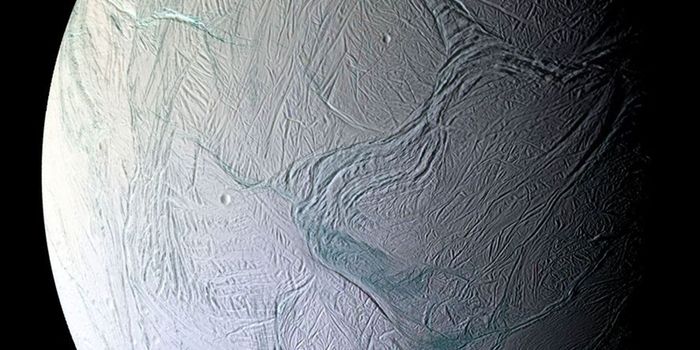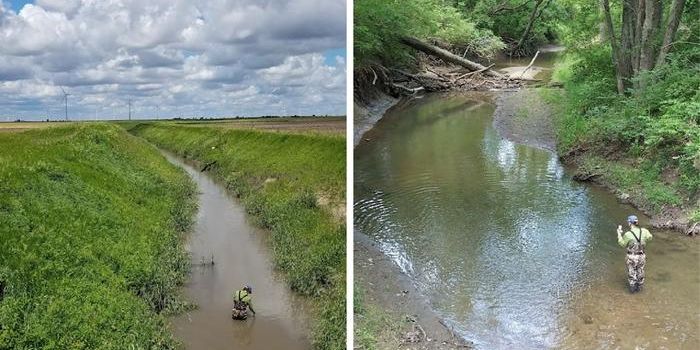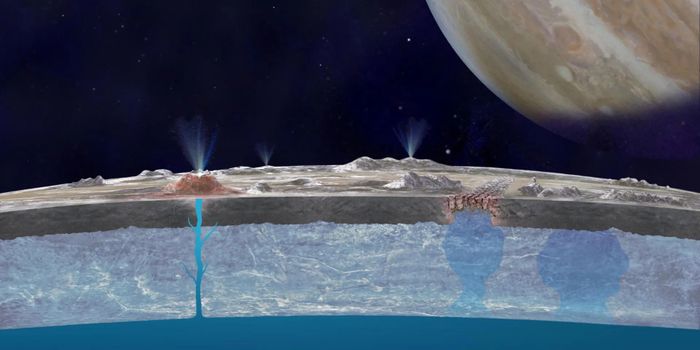Mapping the Impact of Climate Change on New England's Water Cycle
How will climate change impact the water cycle in New England? This is what upcoming research funded by the United States Geological Survey (USGS) hopes to address as a team of researchers from the University of Massachusetts Amherst will investigate the water cycle throughout New England to ascertain how climate change is influencing it. The water cycle involves how water moves between the atmosphere, trees, ground, and large water sources like lakes and rivers, and this study holds the potential to help researchers, climate scientists, and the public better understand the long-term ramifications of climate change on the planet, along with what steps we can take to mitigate it.
For the three-year study, the researchers aim to accomplish three primary goals: analyze USFA past datasets on water cycle in the region, analyze groundwater and surface water stable isotopes to ascertain the origin of the precipitation (moisture), and develop models based on these findings to predict how the New England water cycle might behave going forward.
“Combining the USGS’s expertise with the power of academic research is the best way to understand where we’re headed and will help us prepare for an uncertain future,” said Dr. David Boutt, who is a professor in the Department of Earth, Geographic and Climate Sciences at the University of Massachusetts Amherst and recipient of the $498,999 grant and will be the head of the project.
This study comes as climate change continues to ravage the planet in a myriad of ways, including record summer heat across the globe, along with more frequent and intense hurricanes that recently ravaged Florida and the East Coast of the United States.
What new connections between the water cycle and climate change will researchers make in the coming years and decades? Only time will tell, and this is why we science!
As always, keep doing science & keep looking up!
Sources: University of Massachusetts Amherst, EurekAlert!, University of Massachusetts Amherst (1)








